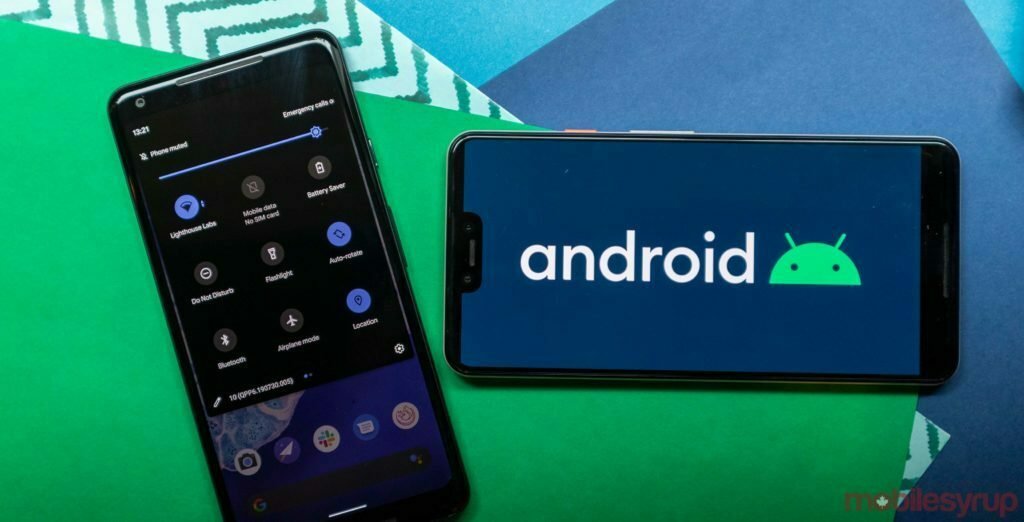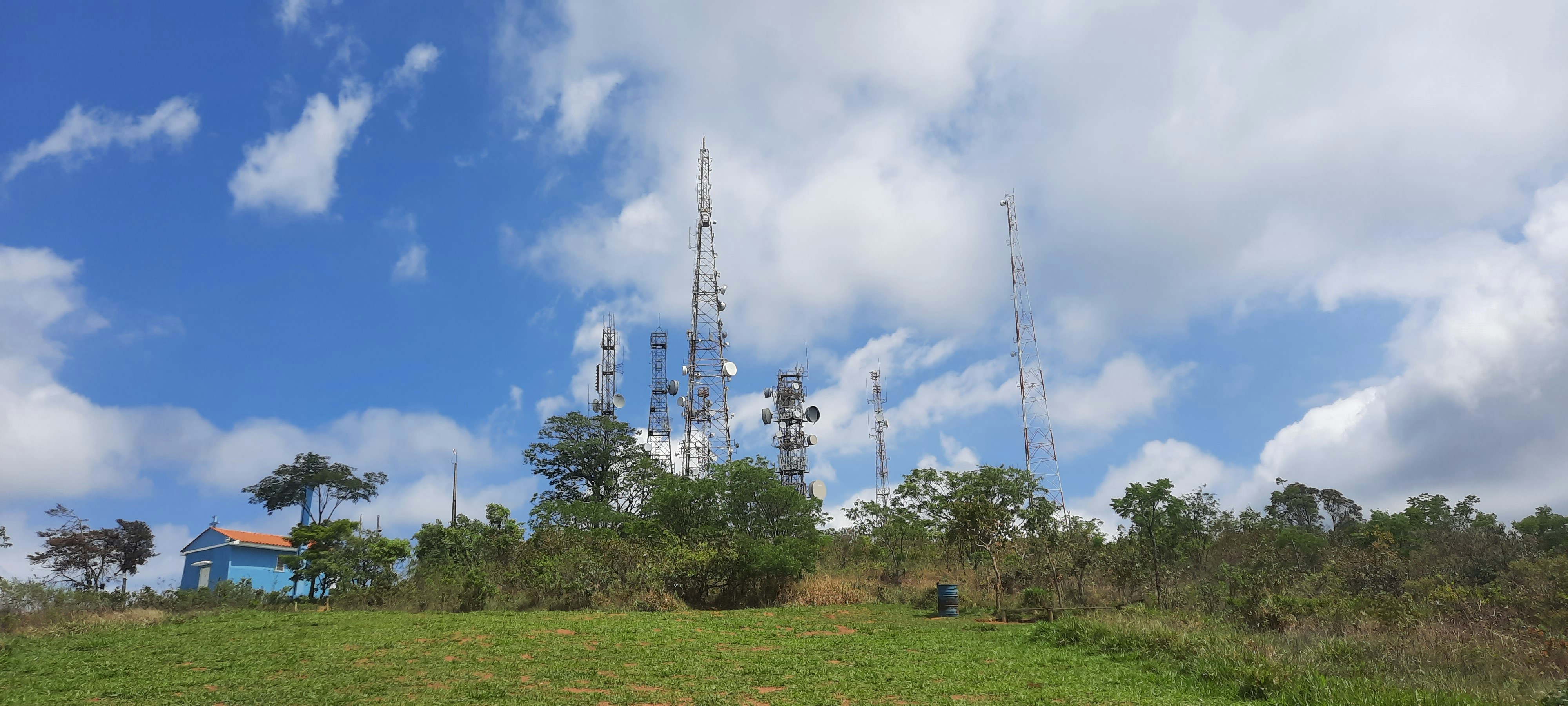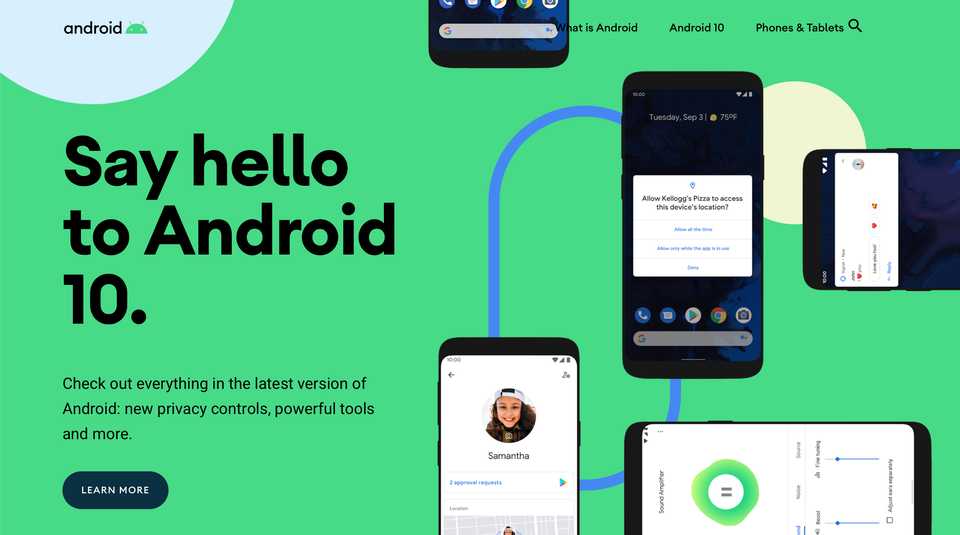After several months in betas, each of which brought its own fresh teapot tempest about how gestures would work, Google is officially releasing the final version of Android 10 to Pixel users beginning today.
In what may be a hopeful sign that this version of Android will come to other phones faster than before, Google is promising that it is “working with a number of partners to launch or upgrade devices to Android 10 this year.”
There are a few headline features in Android 10 beyond the new gesture system, including stricter permissions and privacy controls, a new “Focus Mode” for disabling distracting apps, simpler notification controls, better-integrated family controls, and a new Dark Theme.
One of the most important updates will be invisible to most users: “Project Mainline” will allow Google to issue some critical security patches directly through the Play Store instead of waiting for manufacturers and carriers to distribute them. In fact, phones that are upgraded from Android 9 Pie to Android 10 won’t support it.
Not all of Android 10’s features are fully available, however. Focus Mode is launching only in beta today. Another headline feature called “Live Caption” will allow users to get real-time captioning for any audio or video on their phone. But unfortunately, it won’t launch until later this year, and it will be Pixel-only for a time.
Google says that all of its first-party apps are committed to supporting the new Dark Theme, but not all of them have made the deadline for Android’s release. Gmail, for example, is still working on compatibility with the Dark Theme and won’t have support for it until later this month.
More than anything, though, the feature on Android 10 that has garnered the most attention is the new gesture navigation system. It works much as the iPhone does, and in the beta phase of Android 10, it seemed to get tweaked every few weeks. It’s now stable and won’t change, which means the entire left and right sides of the screen are dedicated to going back. The traditional three-button system will still be an option, however, which is probably good since many people prefer it.
The 10th version of Android is also the first since nearly the beginning that doesn’t have a public dessert codename. Google made the switch in the name of being more globally inclusive and not, it says because picking a Q-named dessert was too difficult.
There are a few other features in Android 10 that didn’t get much attention back when it was originally announced at Google I/O in May. Google is highlighting more gender-inclusive emoji, app timers for specific websites, and support for streaming audio to hearing aids.
Google typically rolls out major operating system updates over the course of a few days, so your Pixel phone might not get an update alert right away. You can check for it by going to Settings -> System -> Advanced -> System Update. As usual, other Android device manufacturers will announce their rollout plans for Android 10 upgrades separately, and it will likely take weeks or months for the upgrade to arrive in many non-Pixel devices.




